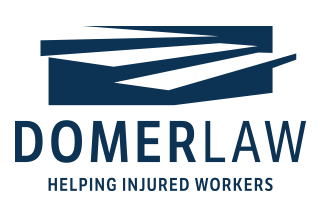Anybody who has ever injured their back or neck can tell you how agonizing it can be — and how hard such injuries can be to recover from. A painful, stiff or numb neck or back can make working impossible. Sitting at a desk all day can be impossible, not to mention physically grueling work like construction or manufacturing.
The ways you can hurt your back
The spine is a vitally important part of the body, but it can be susceptible to injury, especially as we get older and years of labor pile up. Under Wisconsin law, a worker can injure their back through a one-time traumatic injury or through their job duties over a period of time. The most frequent types of back injury symptoms/conditions are:
- Herniated or bulging disks
- Spinal cord damage leading to paralysis
- Sciatica
- Whiplash
- Lumbago, or lower back pain
- Nerve root impingement
- Fractured or broken vertebrae
Even a relatively minor back injury can limit your movement and ability to stand or sit for a long time without pain or weakness. A more severe injury can affect every aspect of your life. You might need help with everyday tasks like bathing, getting dressed, cooking meals and cleaning the house. Going back to work could be months away, if you ever are physically capable. Many chronic back and neck injuries force patients out of work completely or require them to take a less strenuous, lower-paying job.
What you can do after your claim gets turned down
If you hurt your back, neck or both in the course of your work duties, you should be entitled to workers’ compensation under Wisconsin law. Workers’ comp can pay for your medical bills and help recoup your lost wages until you recover enough to go back to work. But getting approved for the level of benefits you deserve is not always straightforward. If your employer turned down your claim or made a lowball offer, a consultation with a workers’ compensation attorney can help you decide what to do next.


